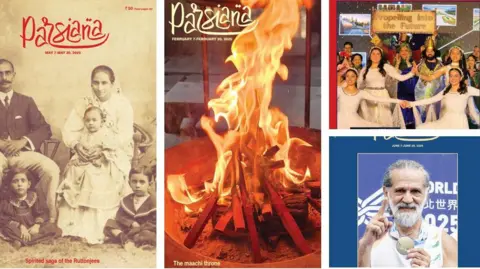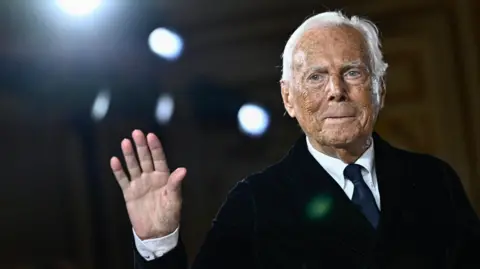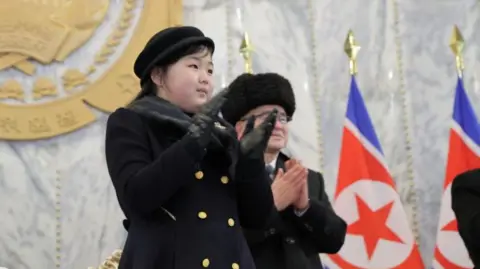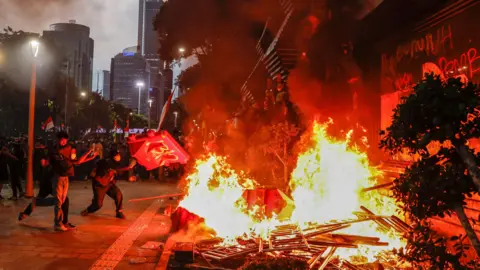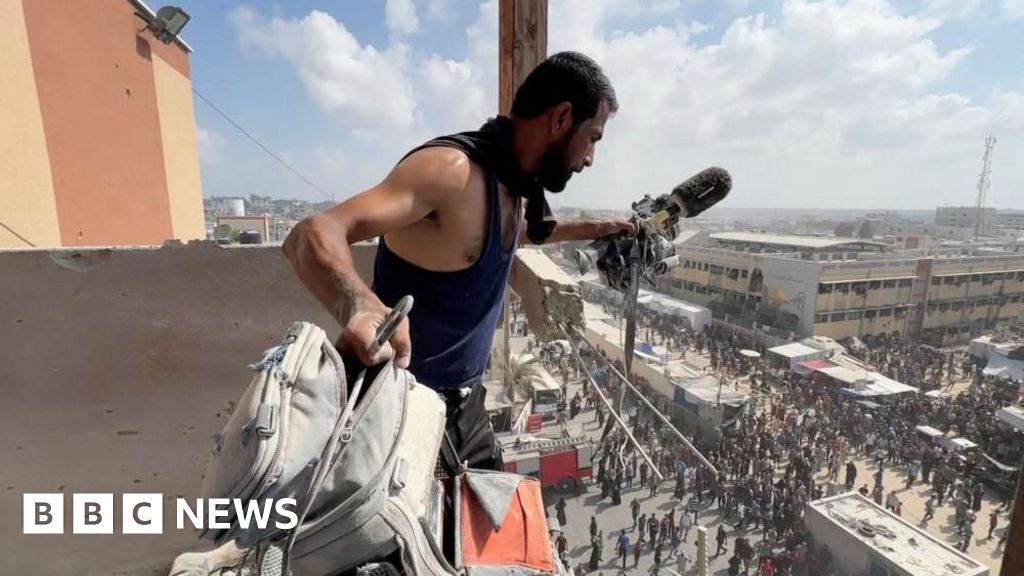April 21, 2025, 1:58 p.m. ET
Pope Francis, the first Latin American pope and the first Jesuit to lead the Roman Catholic Church, passed away at the age of 88 on April 21, 2025. His death surprised many, especially as he had blessed the faithful in St. Peter's Square just a day prior on Easter Sunday. Tributes from world leaders and Catholics worldwide celebrate his tireless advocacy for the marginalized and his efforts to reshape the Church into a more inclusive institution.
Cardinal Kevin Farrell announced Francis' passing in a heartfelt statement, noting that he had "returned to the house of the Father." With the pope's death, the Church now faces the significant task of selecting a successor. This moment represents a pivotal crossroads for the Catholic Church, with the potential to either continue Francis' welcoming approach or revert to the more traditional path of his predecessors.
Mourners quickly gathered in St. Peter’s Square, visibly emotional about the loss. Many shared shock and admiration for the early contributions Francis made, particularly in addressing the Church's sexual abuse crisis and financial transparency. In recent times, however, his position had become more solitary as global politics shifted towards populism.
Recent discussions about the new papal conclave reveal potential successors who may carry on Francis' progressive legacy, though the outcome remains uncertain. As tributes pour in, leaders and citizens alike remember the pope's calls for compassion, especially towards migrants—one of his defining issues. His approach to leadership emphasized inclusion and the importance of seeking out those at society’s margins.
In a contrasted reflection, Pope Francis had an often contentious relationship with former President Trump, whose immigration policies sharply contrasted with the pontiff’s views. Although Trump's tribute on social media was brief, it highlighted a divergence in perspectives on migration.
Global figures, from President Biden to former President Obama, expressed condolences and praised Francis' ability to motivate change and inspire hope. As ceremonies begin around the world to honor his legacy, the Catholic community must now navigate the future of the Church in the wake of Francis' passing.
As the coming days unfold, the faithful also reflect on the changes Francis made within the Church—emphasizing a decentralized approach that has forever altered internal governance and engagement with global issues. His vision for a more united, compassionate Church will undoubtedly continue to resonate as a guiding principle for his successor.
Pope Francis, the first Latin American pope and the first Jesuit to lead the Roman Catholic Church, passed away at the age of 88 on April 21, 2025. His death surprised many, especially as he had blessed the faithful in St. Peter's Square just a day prior on Easter Sunday. Tributes from world leaders and Catholics worldwide celebrate his tireless advocacy for the marginalized and his efforts to reshape the Church into a more inclusive institution.
Cardinal Kevin Farrell announced Francis' passing in a heartfelt statement, noting that he had "returned to the house of the Father." With the pope's death, the Church now faces the significant task of selecting a successor. This moment represents a pivotal crossroads for the Catholic Church, with the potential to either continue Francis' welcoming approach or revert to the more traditional path of his predecessors.
Mourners quickly gathered in St. Peter’s Square, visibly emotional about the loss. Many shared shock and admiration for the early contributions Francis made, particularly in addressing the Church's sexual abuse crisis and financial transparency. In recent times, however, his position had become more solitary as global politics shifted towards populism.
Recent discussions about the new papal conclave reveal potential successors who may carry on Francis' progressive legacy, though the outcome remains uncertain. As tributes pour in, leaders and citizens alike remember the pope's calls for compassion, especially towards migrants—one of his defining issues. His approach to leadership emphasized inclusion and the importance of seeking out those at society’s margins.
In a contrasted reflection, Pope Francis had an often contentious relationship with former President Trump, whose immigration policies sharply contrasted with the pontiff’s views. Although Trump's tribute on social media was brief, it highlighted a divergence in perspectives on migration.
Global figures, from President Biden to former President Obama, expressed condolences and praised Francis' ability to motivate change and inspire hope. As ceremonies begin around the world to honor his legacy, the Catholic community must now navigate the future of the Church in the wake of Francis' passing.
As the coming days unfold, the faithful also reflect on the changes Francis made within the Church—emphasizing a decentralized approach that has forever altered internal governance and engagement with global issues. His vision for a more united, compassionate Church will undoubtedly continue to resonate as a guiding principle for his successor.











